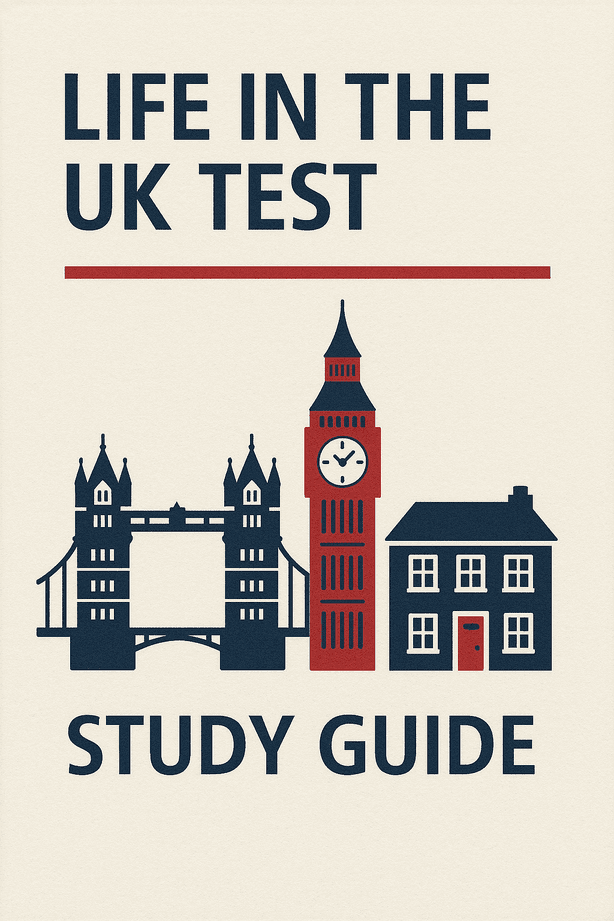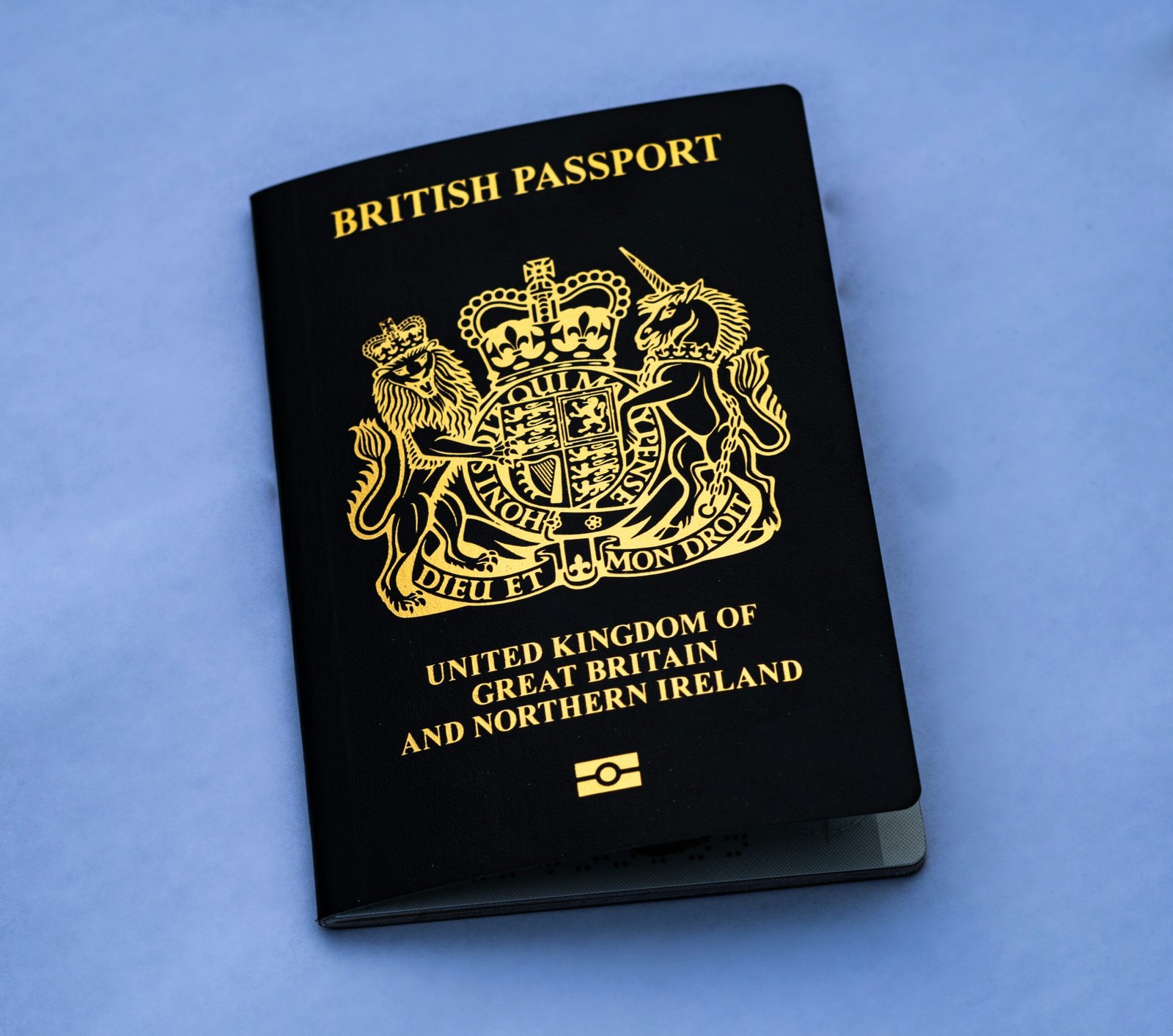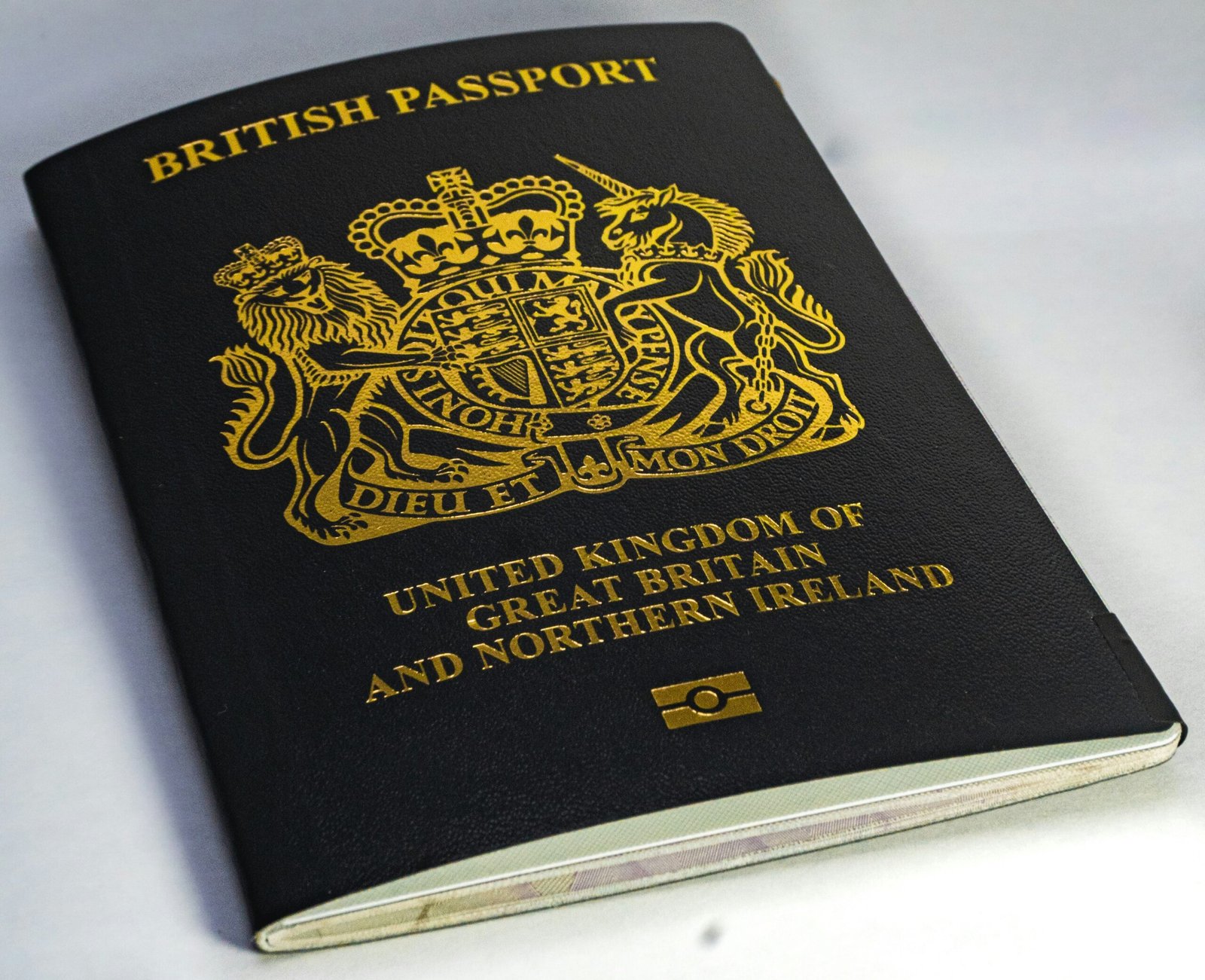The Life in the UK Test is a mandatory requirement for almost all adult applicants seeking Indefinite Leave to Remain (ILR) or British Citizenship. It assesses your knowledge of British traditions, customs, history, and political system.
What is the Test Format?
The test is a computer-based, multiple-choice exam. You will have 45 minutes to answer 24 questions. To pass, you must correctly answer at least 18 questions, which is a 75% pass mark. The questions are randomly selected from the official handbook, so every test is unique.
Key Topics Covered: What You Need to Know
The test covers five main areas outlined in the official handbook:
- The Values and Principles of the UK: Fundamental aspects of British society, including democracy, freedom, tolerance, and the rule of law.
- What is the UK?: Geography, population facts, and the diverse cultures within the UK.
- A Long and Illustrious History: Key historical events, figures, and developments from the Stone Age to modern times. This chapter is extensive and often carries a significant portion of the questions.
- A Modern, Thriving Society: Culture, customs, arts, sports, and major public events.
- The UK Government, the Law, and Your Role: Understanding the UK’s political system, the monarchy, Parliament, local government, and your rights and responsibilities as a resident.
Essential Passing Tips: Your Study Strategy
Approaching the test strategically can significantly boost your chances of success.
-
Read the Official Handbook (Repeatedly!): This is your single most important resource. All questions are based directly on the content of the official handbook, “Life in the United Kingdom: A Guide for New Residents.”
- Where to get it: You can purchase the physical book, an eBook, or an e-Learning subscription. You can find the official handbook on various platforms, including Amazon or directly from official publishers.
- Don’t skip sections: Every chapter is fair game for questions.
- Active Reading: Don’t just passively read. Highlight key dates, names, facts, and concepts. Make your own notes or flashcards.
-
Take Practice Tests: This is crucial for familiarising yourself with the question style and format.
- Simulate Conditions: Try to do practice tests under timed conditions to get used to the 45-minute limit.
- Identify Weak Areas: After each practice test, review your answers. Understand why you got questions wrong and go back to the handbook to restudy those specific topics.
- Don’t Memorise Answers: While practice tests help, the real test questions are random. Focus on understanding the information, not just memorising specific answers.
-
Understand, Don’t Just Memorise: The test isn’t purely about rote memorisation. Some questions might require you to apply your understanding rather than simply recalling a fact. For instance, knowing when certain historical periods occurred or why a particular event was important.
-
Manage Your Time Effectively: You have 45 minutes for 24 questions, which is just under two minutes per question.
- Pace Yourself: Read each question carefully. Don’t rush, but also don’t get stuck on one question for too long.
- Flag Difficult Questions: Most online test interfaces allow you to flag questions to return to them later. Answer all the ones you’re confident about first, then go back to the flagged ones.
-
Focus on Key Areas: While you should study everything, history, government, and the values chapters often feature prominently. Give them extra attention during your revision.
-
Stay Calm and Confident: Nerves can sometimes cause simple mistakes. Trust in your preparation. If you’ve read the handbook and done sufficient practice, you have the knowledge to pass.
Useful Resources:
To support your studies, utilise these official and reputable resources:
- The Official Life in the UK Test Handbook: This is the primary source of all testable material. Ensure you are studying from the latest edition. You can usually find the most current version (often labelled with the upcoming year, e.g., ‘2025 Edition’) through major booksellers.
- Official GOV.UK Test Booking Service: This is the only official website for booking your test. Do not use unofficial sites that may charge extra fees or provide incorrect information.
- Book Your Test Here: Book the Life in the UK Test – GOV.UK
- Official Life in the UK Learning (TSO): The Stationery Office (TSO) is the official publisher. They offer various study materials, including an e-Learning module, which can be very helpful. You can often find links to their official study guides and e-learning resources from the GOV.UK website.
- Reputable Practice Test Websites: While unofficial, many websites offer free practice tests that mimic the real exam. Use these as a supplementary tool to gauge your understanding and identify areas for further study. Be cautious of sites that promise “guaranteed passes” or demand excessive fees.
Booking the Test: What You Need
When booking your test online, you’ll need:
- An email address.
- A debit or credit card to pay the £50 test fee.
- An accepted form of ID (e.g., valid passport, valid travel document with a photo, Biometric Residence Permit (BRP), or Biometric Residence Card (BRC) – ensure your ID name matches your booking exactly). You may also need your eVisa share code if you have digital immigration status.
- Proof of address (e.g., utility bill, bank statement dated within the last 3 months) which you must bring with you on test day.
On Test Day: What to Expect
- Arrive Early: Aim to arrive at the test centre at least 15 minutes before your scheduled appointment.
- Bring Correct ID: You must bring the exact ID you used to book the test, along with your proof of address. Your photo will be taken at the centre.
- No Personal Items: You won’t be allowed to take electronic devices, notes, or large bags into the test room. Most centres have lockers.
After the Test:
- Pass Notification: If you pass, you’ll receive a ‘unique reference number’. This number is crucial for your ILR or citizenship application; the Home Office will use it to verify your pass.
- If You Fail: Don’t despair! You can rebook the test as many times as needed, but you must pay the £50 fee each time. You usually need to wait at least seven days before retaking it.
Passing the Life in the UK Test is a rite of passage for many new residents, and it’s certainly achievable with focused effort. By immersing yourself in the official handbook and leveraging effective practice methods, you’ll be well-prepared to demonstrate your knowledge and take this exciting step forward in your UK journey.











Leave a comment